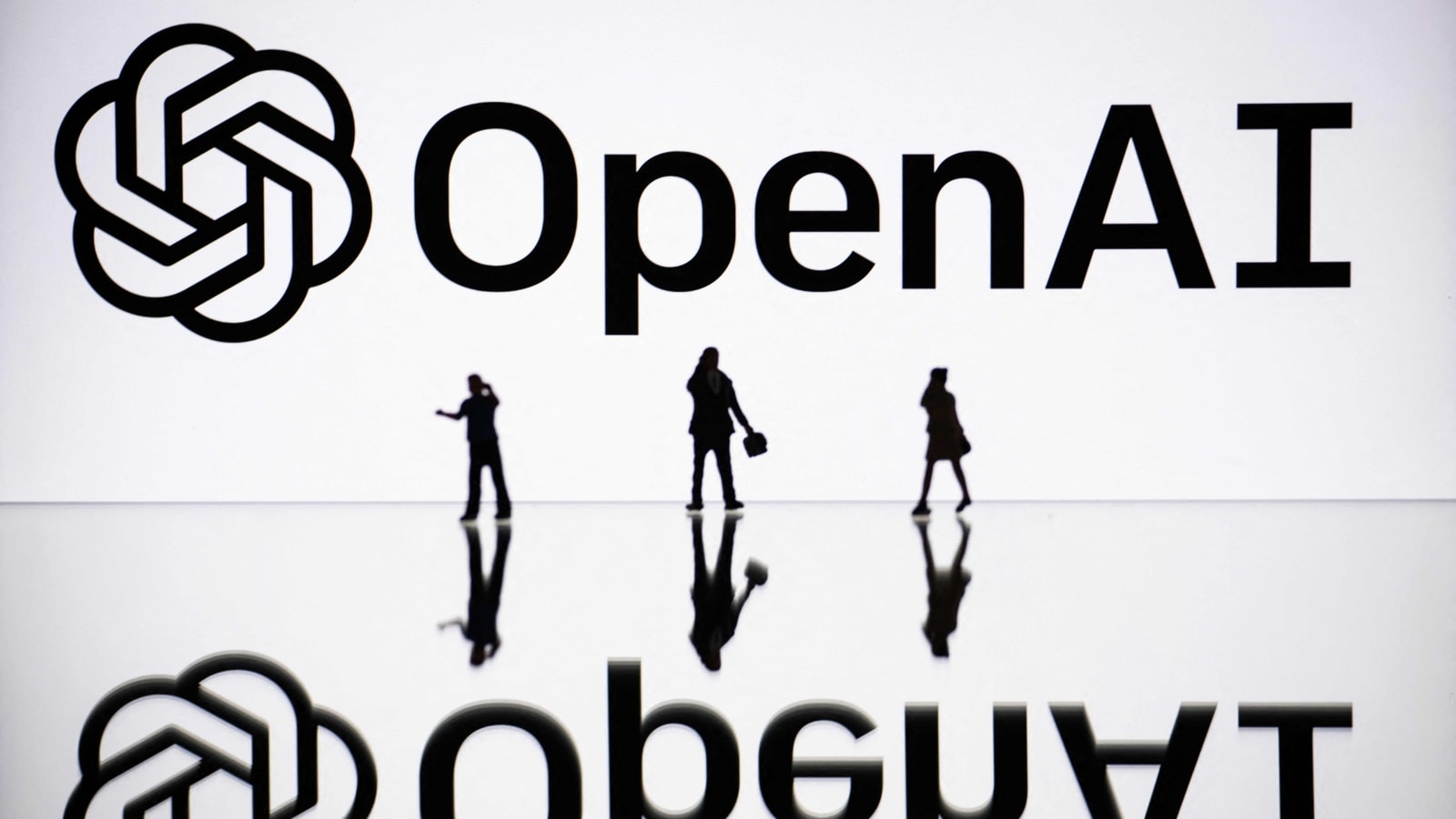OpenAI is reportedly preparing to unveil a new AI super-agent later this month, with expectations that the technology will exhibit PhD-level intelligence. Company executives have previously discussed the possibility of a next-generation AI, often suggesting that its cognitive abilities could match those of graduate-level or doctoral experts. Initially, speculation pointed to the release of GPT-5, but new reports now indicate that OpenAI is focusing on an advanced AI agent instead, potentially arriving by January 30.
What is an AI Super-Agent?
This AI agent represents a significant leap forward in the field of artificial intelligence. It is designed to perform complex tasks autonomously, with minimal human involvement. By analyzing large datasets and evaluating various options, this software can make decisions, adapt to changing conditions, and solve problems. Essentially, it mimics human intelligence, working on goal-oriented tasks in a way similar to a highly skilled professional, such as someone with a doctoral degree.
Also read: Content creators respond to TikTok's uncertain future in the US
Reports also reveal that OpenAI has been in discussions with US government officials, with CEO Sam Altman expected to address the potential economic impact of these advancements. This aligns with OpenAI's recent framework, which outlines how artificial intelligence could integrate into the broader US economy.
Also read: Instagram addresses 'tall grid' backlash, promises fixes and better profile customization
Speculation Around the “Operator” AI
While the AI super-agent's launch timeline has raised eyebrows, the concept of such technology has been floating for some time. Speculation has surrounded an AI tool referred to as the “Operator,” capable of performing multiple tasks for users. These tasks could include writing code, booking travel, conducting research, or other complex activities requiring several steps.
The development of AI agents comes at a pivotal moment. In a recent blog post, Altman spoke about the onset of the “Intelligence Age,” a period when AI will play a central role in shaping global industries. Looking ahead, OpenAI envisions AI agents joining the workforce in 2025, potentially revolutionizing productivity. According to Altman, these agents could significantly enhance the output of companies, marking a transformative shift in how work is done.
Also read: Meta's 'Community Notes' won't work for paid ads and will only affect organic content: What it means
Despite the exciting prospects, concerns have surfaced within OpenAI regarding the rapid pace of AI development and the potential challenges it may bring. The ongoing advancements suggest a future where AI's role in society could evolve faster than anticipated.


